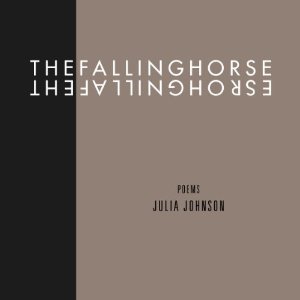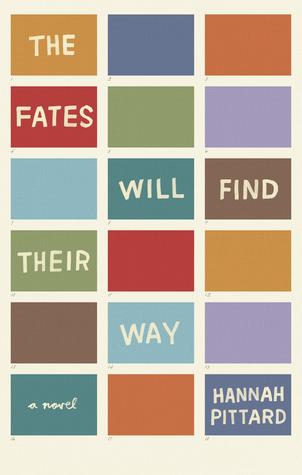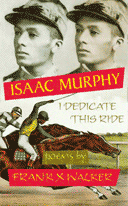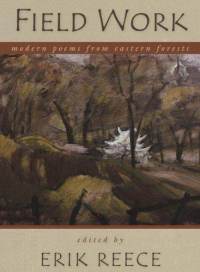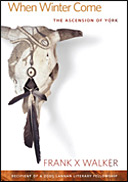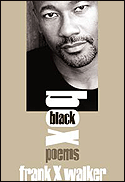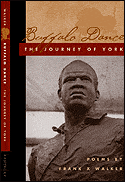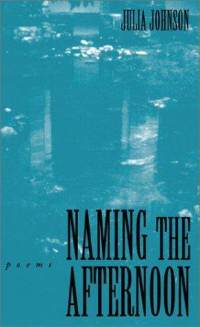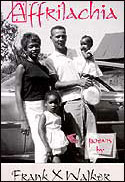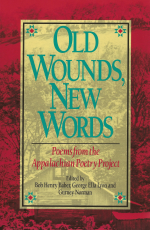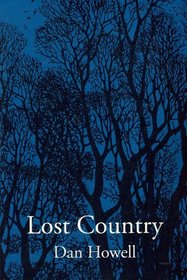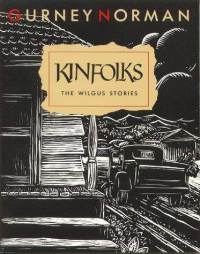|
|
|
|
|
|
|
|
|
|
 About FlightAccents Publishing, 2015 "Up until this point in American history, no poet has written an honest and believable lament about the crippling effects from the tornado swirl of a crack pipe, how a little rock being melted between thin mesh screen creates pallid smoke: a monster, a slave to the white lady that is cocaine. In About Flight, Frank X Walker gives us the beautiful ugly narrative of a brother who is wrestling with chemical dependency, and losing. The high, in all of its beautiful contradictions takes on the metaphor of flight, and so we soar through the terrible highs and lows of a protagonist who carries his family with him into the den of iniquity."
—Randall Horton, author of Pitch Dark Anarchy & Hook: A Memoir
|
|
ReunionGrand Central Publishing, 2014 Five minutes before her flight is set to take off, Kate Pulaski, failed screenwriter and newly-failed wife, learns that her estranged father has killed himself. More shocked than saddened by the news, she reluctantly gives in to her older siblings' request that she join them – and her many half-siblings, and most of her father's five former wives – in Atlanta, their birthplace, for a final farewell.
|
|
|
The Falling HorseFactory Hollow Press, 2012 "Julia Johnson’s poems are intricate and crafty, they explode, treating the reader to a fantastic display that’s part Joseph Cornell, part Yves Klein, part Braque, and that’s just the beginning of the show. In her beautiful new book The Falling Horse she manages to be startling and sweet, breathtaking and heartbreaking at turns, and sometimes all at once. Fresh, commanding, twisty--the book that propels Johnson into the first rank of contemporary American poets. It is not to be missed." -Frederick Barthelme |
|
The Fates Will Find their WayHarperCollins Publisher, 2011 Sixteen-year-old Nora Lindell is missing. And the neighborhood boys she's left behind are caught forever in the heady current of her absence. As the days and years pile up, the mystery of her disappearance grows kaleidoscopically. A collection of rumors, divergent suspicions, and tantalizing what-ifs, Nora Lindell's story is a shadowy projection of teenage lust, friendship, reverence, and regret, captured magically in the disembodied plural voice of the boys who still long for her. |
|
Isaac Murphy: I Dedicate this RideOld Cove Press, 2010 In this new collection of poems, Frank X Walker immerses himself in the story of legendary African American jockey Isaac Burns Murphy (1861-1896). The son of a slave, Murphy rose to the top of thoroughbred racing to become the most successful Jockey in America. Through poetic imagination, Walker gives us the voices of Isaac Murphy and his wife Lucy, his trainer Eli Jordan, and his parents James and America Burns. Through their words we follow Murphy's dramatic Journey to become America's most celebrated black jockey.
|
|
Field Work: Modern Poems from Eastern ForestsUniversity Press of Kentucky, 2008 While writing his book, Lost Mountain: A Year in the Vanishing Wilderness, Erik Reece spent a great deal of time studying strip mining and its effect on the environment and surrounding communities. After a year of exploring the ugliness of a rapidly disappearing landscape, Reece felt a strong need to celebrate the wonder the Eastern broadleaf forests still have to offer. The result is a collection of poems by individuals who share Thoreau’s belief that the natural world is “an unroofed church, a place of reverence.” Field Work: Modern Poems from Eastern Forests seeks an answer to Frost’s question, “What to make of a diminished thing?” by contemplating work from some of the twentieth century’s greatest nature poets. |
|
When Winter Come: the Ascension of YorkUniversity Press of Kentucky, 2008 A sequel to the award-winning Buffalo Dance, Frank X Walker's When Winter Come: The Ascension of York is a dramatic reimagining of Lewis and Clark's legendary exploration of the American West. Grounded in the history of the famous trip, Walker's vibrant account allows York — little more than a forgotten footnote in traditional narratives — to embody the full range of human ability, knowledge, emotion, and experience. Knowledge of the seasons unfolds to York "like a book," and he "can read moss, sunsets, the moon, and a mare's foaling time with a touch." |
|
America! What's My Name? The "Other" Poets Unfurl the FlagWind Publications, 2007 Frank X Walker, ed. The degree to which university professors have staked their academic lives and intellectual selves on every accented syllable of dead white men, having diagramed their “brilliant” intentions and held it up as evidence that poetry is the caviar on the literary menu, has helped carve out an elitist mystique and ruined many a promising young poet. In the pages that follow, we offer a counter argument: that poetry is bread. That it is whole grain sustenance and comes in all colors, ethnicities, sizes, genders, and sexual preferences. It is not just the leather-bound private joy of scholars, but new and naked and pouring out of the stomachs and hearts of emerging and established writers all over this country. |
|
Black Box: PoemsOld Cove Press, 2005 Black Box continues the personal and autobiographical journey of Affrilachia with sixty eight new poems from Walker. |
|
Buffalo Dance: the Journey of YorkUniversity Press of Kentucky, 2003 This collection of persona poems tells the story of the infamous Lewis & Clark expedition from the point of view of Clark's personal slave, York. The poems form a narrative of York's inner and outer journey, before, during and after the expedition — a journey from slavery to freedom, from the plantation to the great northwest, from servant to soul yearning to be free. |
|
Naming the AfternoonLouisiana State University Press, 2002 The poems in Naming the Afternoon, Julia Johnson's first collection,gather naturally together in three sections that tackle the subjects of Time, Eternity, and Language. The poems, influenced by Johnson's New Orleans upbringing but not drawn from any specific place, are mysterious yet inhabit a world of reason and explanation. Even though the world may seem distant and strange, it is composed of familiar elements--a kitchen, a violin, a purse. The collection focuses on images and feelings and has an underlying sense of urgency to name the passing moment, which is over in an instant, as soon as the "soup" [has] finished shaking in the bowl of a spoon." In this remarkably mature debut, Johnson has created poems that are intelligent, haunting, evocative, and instructive. |
|
AffrilachiaOld Cove Press, 2000 Affrilachia is Walker's groundbreaking first collection of poems, now in its fourth printing. |
|
Old Wounds, New Words: Poems from the Appalachian Poetry ProjectThe Jesse Stuart Foundation, 1994 Bob Henry Barber, George Ella Lyon, and Gurney Norman We are told that the light seen when we look up at the stars in the nights sky started coming to us long ago, and that in some cases , the light just now arriving is from stars that have gone out, Doesn’t this notion suggest the better metaphor for Old Wounds, New Words? Although these poems, like light from stars, started coming to us years ago, they arrive just now. |
|
Lost CountryUniversity of Massachusetts Press, 1993 “The best poems in Lost Country bring an almost preternatural clarity of focus to the small, out of the way details, moments, and dimensions of collective and individual life that are everywhere around us but that nobody till now has thought to notice. The book’s most memorable poem, ‘The 4A Shuffle,’ is one of the most bizarre, yet deeply humane accounts of the Vietnam era that I have ever read.” – Alan Shapiro |
|
Kinfolks: The Wilgus StoriesGnomon Press, 1977 This book brings together Norman's Wilgus stories that have appears in small magazines over a ten-year period. The stories explore the variety of relationships among members of an Eastern Kentucky family in the post-World War II years. Wilgus Collier is nine years old in the first story, and by the last, when in his twenties, we have witnessed the many rites of passage in growing up. The feeling and mood of the mountain region are present here, but Norman's sense of place is very much his own. Yet the mountain setting with its humor and fine madness does not limit these stories to their audience--for they range into intricacies of character, family situation, and American life that have wide appeal. |

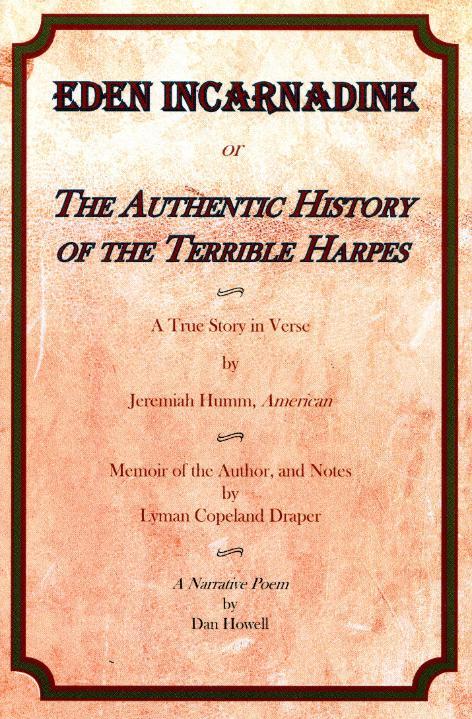 Eden Incarnadine
Eden Incarnadine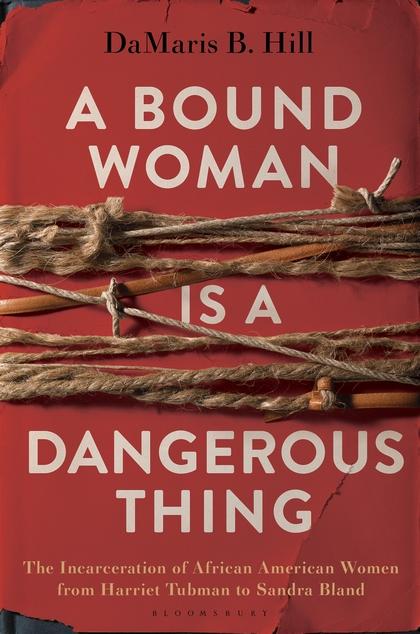 A Bound Woman Is A Dangerous Thing
A Bound Woman Is A Dangerous Thing Visible Empire
Visible Empire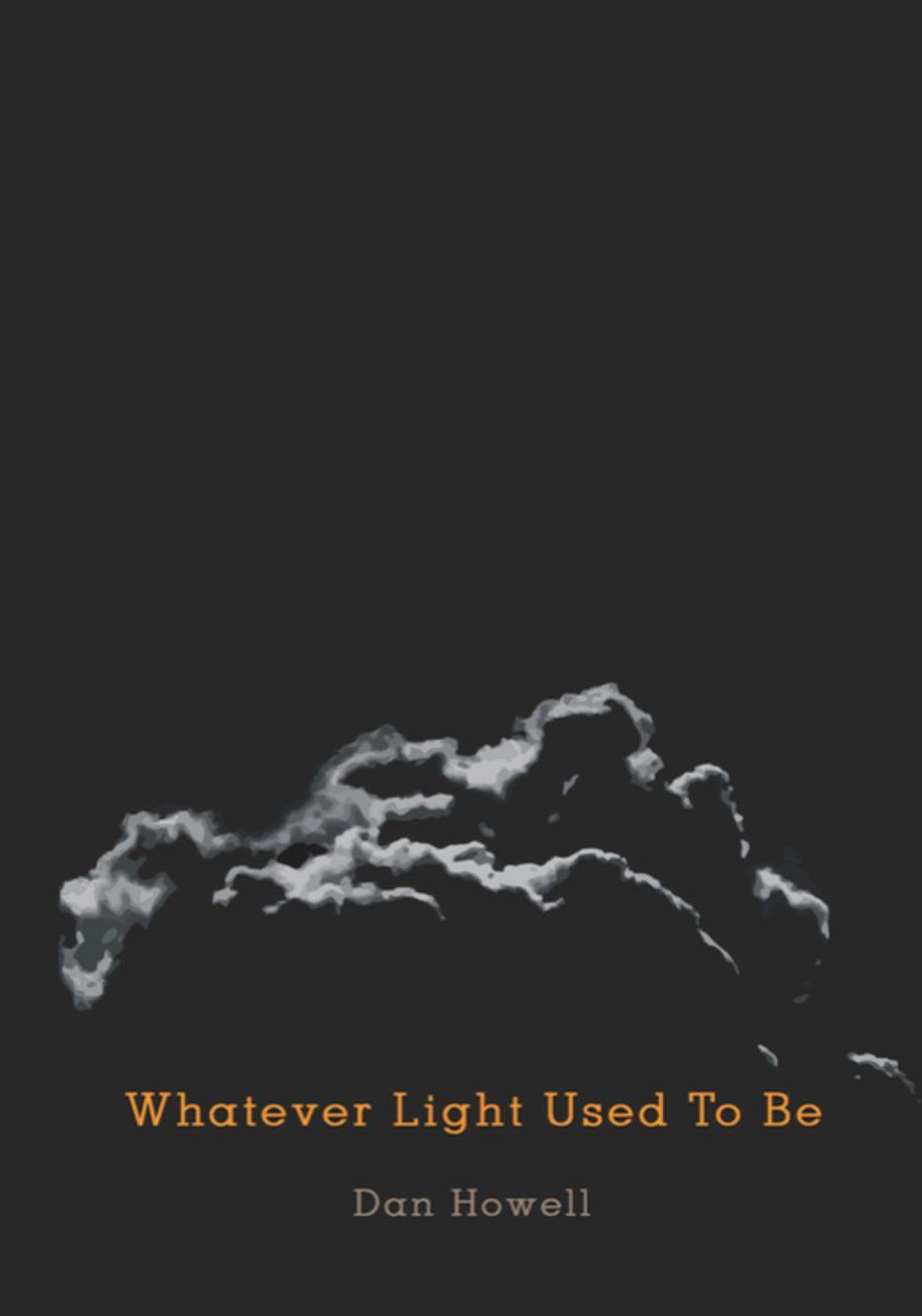 Whatever Light Used to Be
Whatever Light Used to Be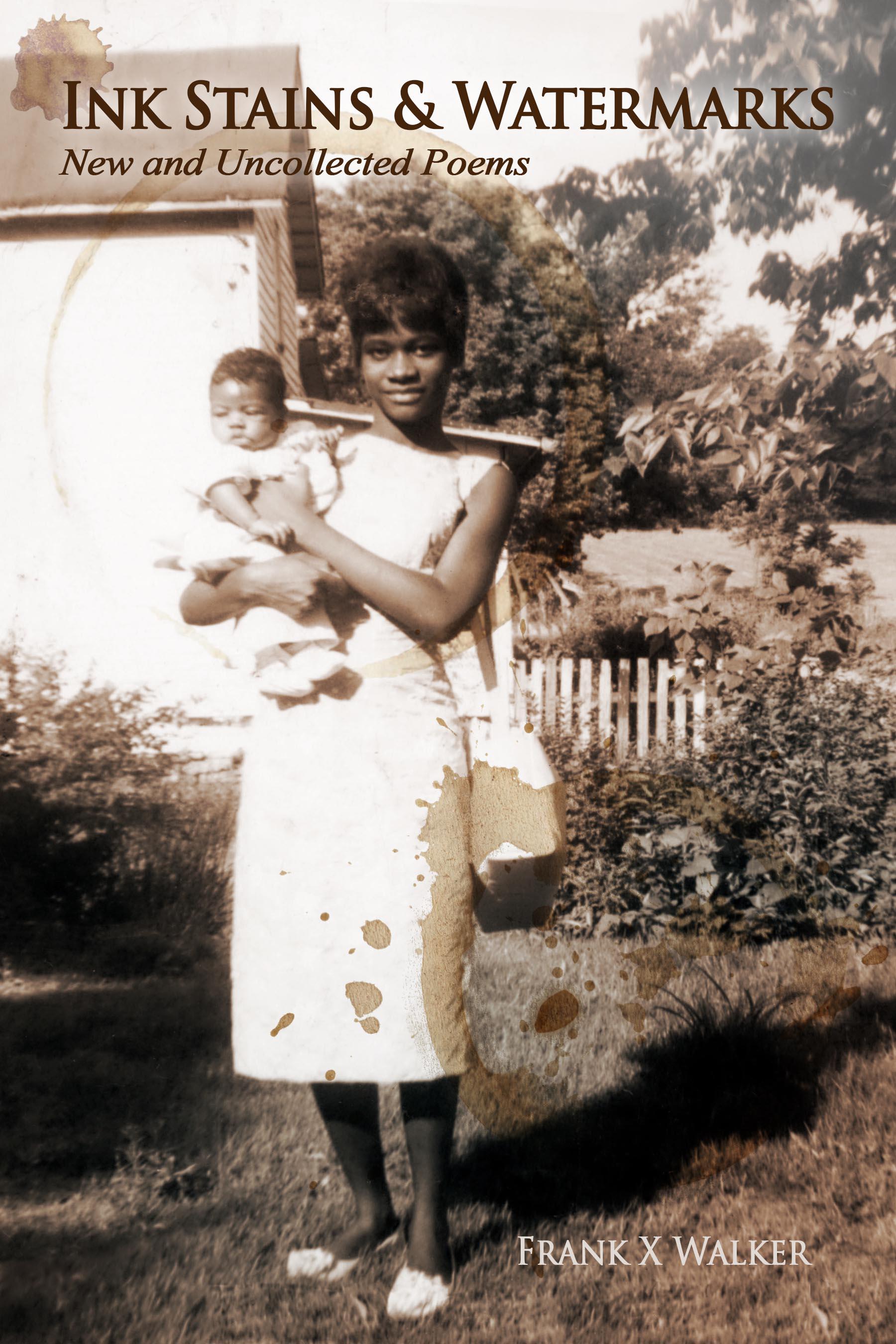 Ink Stains & Watermarks
Ink Stains & Watermarks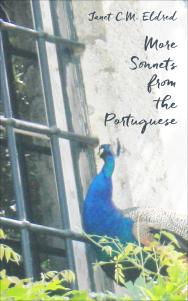 More Sonnets from the Portuguese
More Sonnets from the Portuguese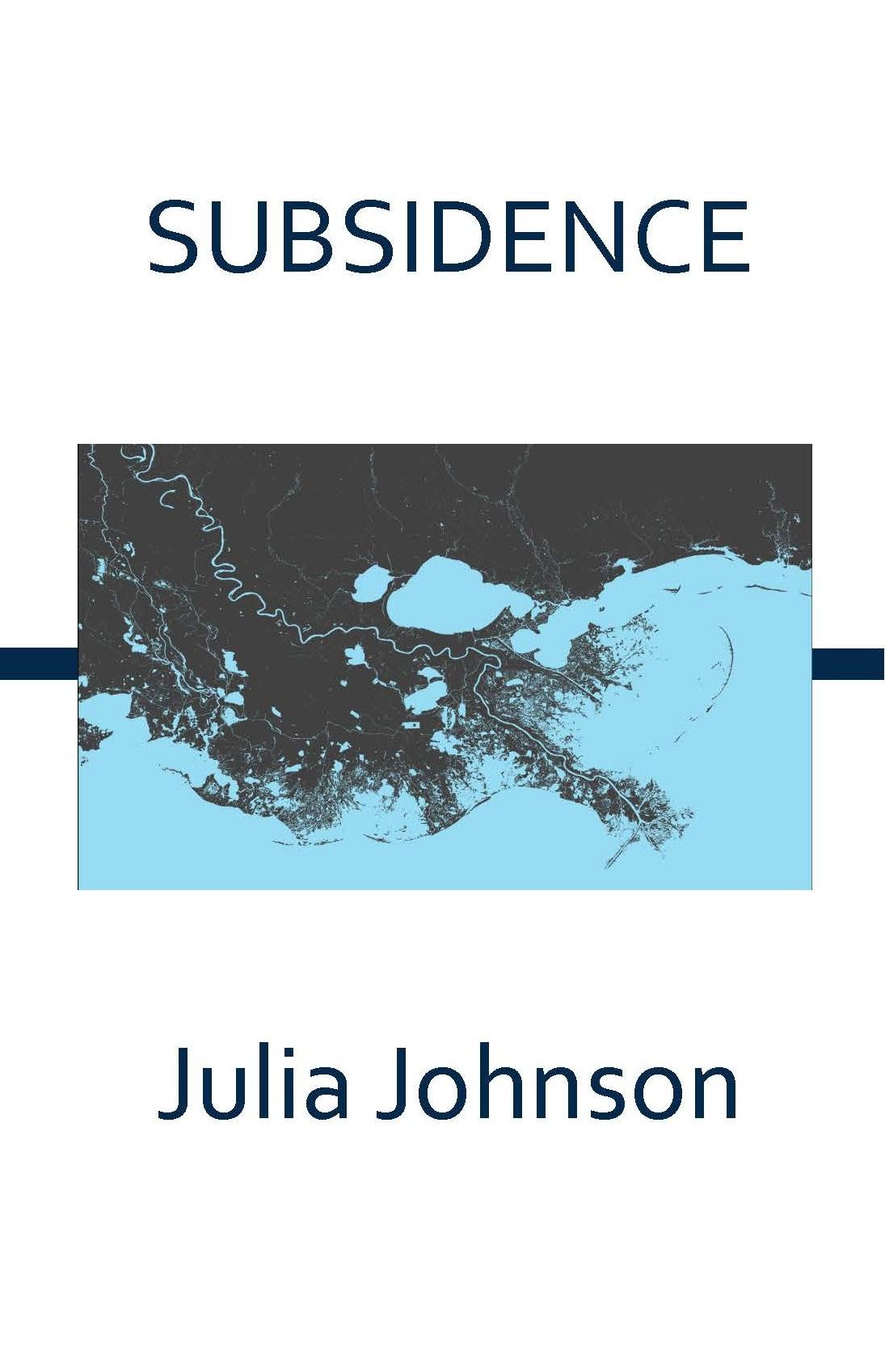 Subsidence
Subsidence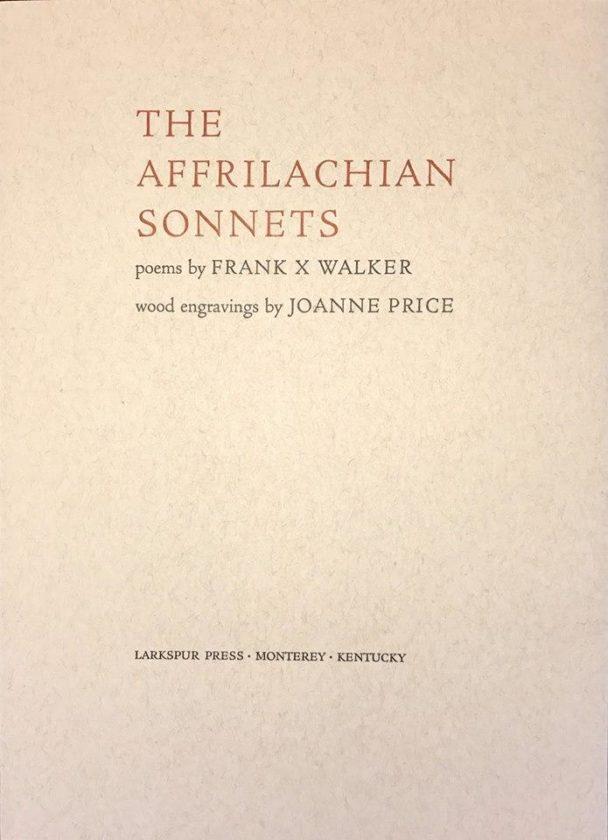 The Affrilachian Sonnets
The Affrilachian Sonnets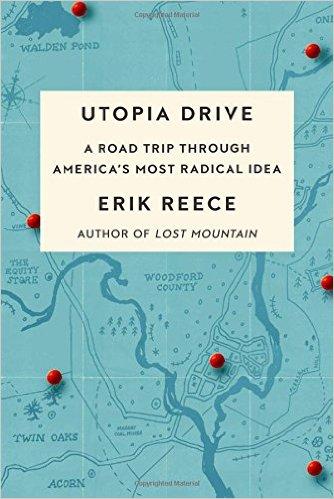 Utopia Drive
Utopia Drive

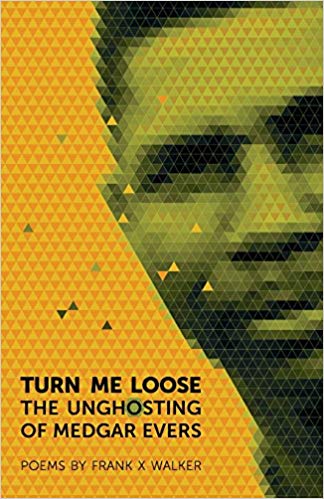 Turn Me Loose: The Unghosting of Medgar Evers
Turn Me Loose: The Unghosting of Medgar Evers